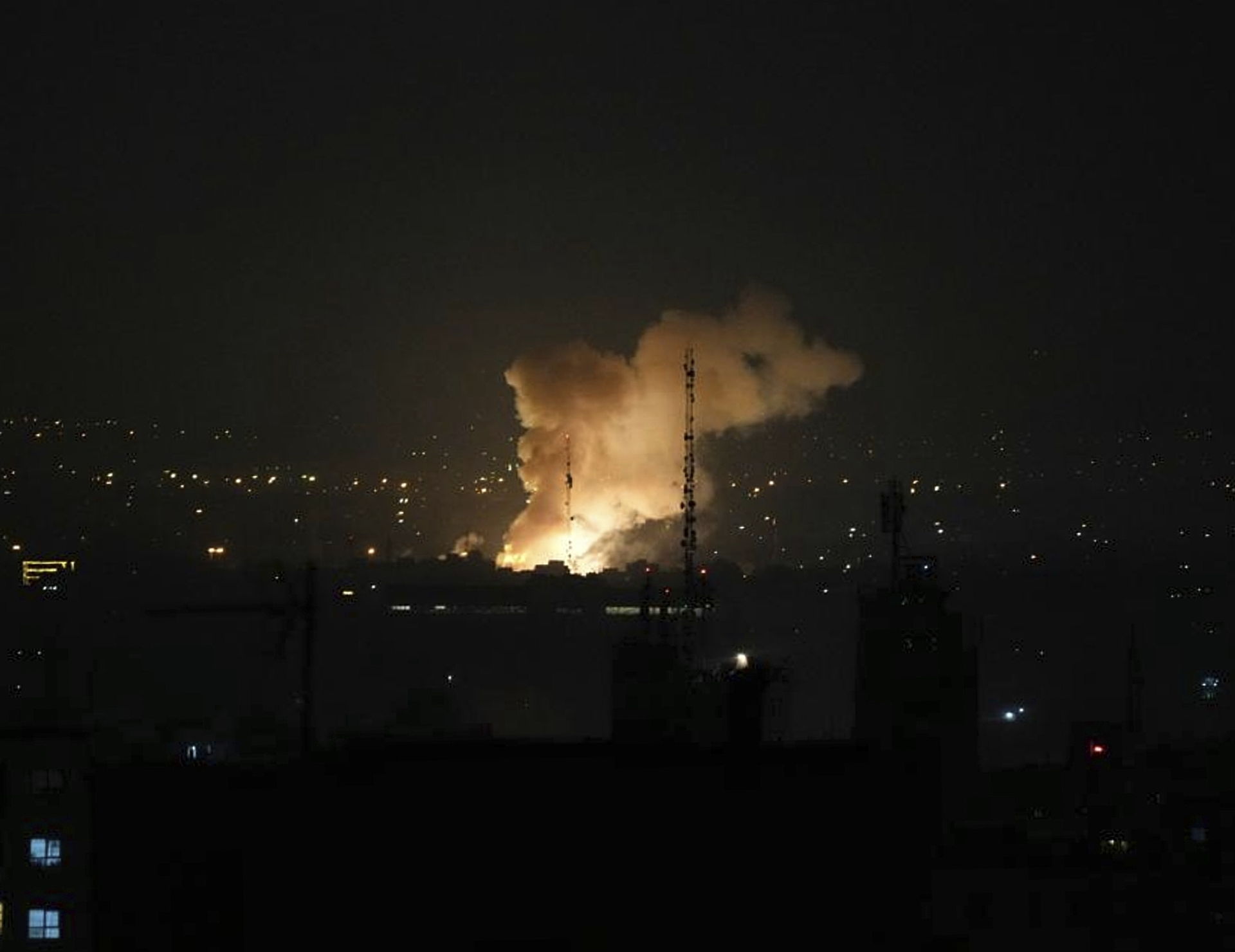13 June attack: quick comments

In the most extensive attack on Iran since the country’s 1980-88 war with Iraq, Israeli forces have launched multiple waves of nationwide bombings. The attack is ongoing and believed to be the opening shots of a wider campaign to degrade Iran’s military command structure, ability to retaliate, and reconstitute destroyed nuclear and missile sites.
The targets have included air defense sites, military bases, radars and apartment buildings. In Tehran alone, two dozen densely populated neighborhoods have been rocked by deadly explosions. Precision munitions and drones are believed to have been used in the killing of multiple top military commanders as well as political officials and figures associated with the Iranian nuclear program. As the bombed structures were mainly apartment buildings, many in upscale residential areas of the capital, the casualty toll is expected to be in the dozens and include civilians. Images of at least two dead children are circulating on Iranian social media.
Iranian state media have reported the deaths of Islamic Revolutionary Guard Corps (IRGC) chief commander Hossein Salami, IRGC Khatam Al-Anbiya Headquarters chief Gholamali Rashid, IRGC Air and Space Forces commander Ali Hajizadeh and Chief of Staff of the Iranian Armed Forces Mohammad Bagheri. The fate of former Supreme National Security Council secretary Ali Shamkhani, a key figure overseeing the nuclear talks with the US, is unclear.
Below are some initial reactions and interpretations regarding one of the most eventful days for the Middle East in a generation.
• Israel’s 13 June strikes against Iran, made two days before the planned round of US-Iran talks in Muscat and despite President Trump’s calls for peace, represent a very clear attempt to challenge Washington and lead him, as it has happened many times before, into playing along with Tel Aviv’s line in the Middle East. Surely, Israel has seen Trump's repeated U-turns on his previous statements and promises, and they think that he would again prefer to forget his peaceful intentions and pretend that the deal failed only because of Iranian stubbornness. The President’s latest social media post suggest that he has de-facto endorsed the strikes; moreover, there are claims that he had been actively aware of the respective plans. While it probably means that the US-Israel alliance, contrary to some views, has not shattered at all, it will further undermine general trust in Trump’s peace activism and his negotiation credentials in general.
• In Iran itself, if the strikes on Israel are once again limited to symbolic instilling fear without real military and infrastructural damage, questions should already be raised about the supreme leadership and Khamenei personally. In recent years, Iran has been receiving too many painful reputational blows, starting with the assassination of Soleimani, the strikes of 2024, the defeat of Hezbollah, the regular deaths of key nuclear scientists, etc. The ease with which Israel can selectively eliminate important figures within Iran speaks to Tehran's inability (or unwillingness?) to fundamentally strengthen its security. The fact that Israeli intelligence has managed to establish a secret drone base within Iran and the total collapse of the country’s air defence speaks volume about the regime’s incapacity to defend itself, which, in the light of its bellicose rhetoric, is simply criminal. Until now, Iranian supreme leadership has been able to retain discipline within the elite, despite many critical flows in the country’s security: probably, Israeli strikes, among others, pursue a goal of instilling domestic unrest. The collapse of hierarchy within the military has already been reported by some sources.
• It will be very important to follow to what extent the Iranian leadership will blame the United States. In fact, if Tehran points to U.S. as the aggressor, this will speak of its unwillingness to enter into a real life-or-death conflict: everyone understands that Iran cannot instill critical damage to the Americans (while it probably can do that to Israel), which means this blame shifting can let Tehran wipe its hands under the pretext that the enemy is too strong to fight. And it matters also that all effective ways for Iran to hit retaliatory strikes necessarily involve the airspace of at least two more states- Iraq and Jordan, where the missiles and drone launched are actively intercepted, and if Iran is willing to go up the escalation spiral, it will probably involve many Arab states in the conflict as well.
• Israel's intentions can be judged by whether it will try to destroy the entire nuclear and strategic military infrastructure of the IRI. If not, then it will become clear that Netanyahu's declared maximalist goals are a bluff covering up the fact that Iran is needed as a convenient bogeyman, harmless, but noticeable enough to justify ever-increasing militarization, constant state of mobilisation and the unending violence in Palestine, thus helping his government to stay in power. On the other hand, the ultimate defeat of Iran paves the way for very unpredictable geopolitical developments in the region, and some of them may not at all be in line with Israeli interests.







